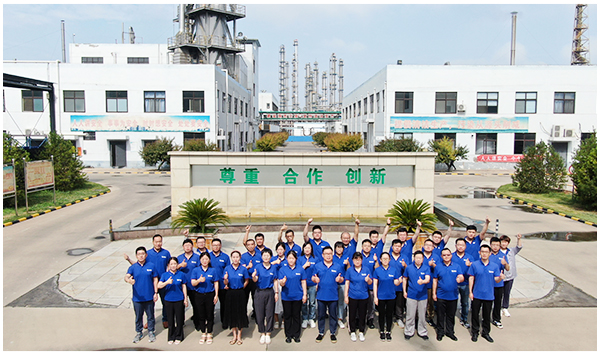
News
Nov . 10, 2024 10:34 Back to list
EDTA-Based Metal Chelating Agents Manufacturer for Enhanced Environmental Solutions
The Importance of EDTA as a Metal Chelating Agent in Industrial Applications
Ethylenediaminetetraacetic acid, commonly known as EDTA, is a versatile chelating agent widely used in various industries. Its ability to bind metal ions makes it an essential component in numerous applications, from healthcare to agriculture and industrial processes. This article discusses the significance of EDTA as a metal chelating agent and highlights the role of factories producing this vital chemical.
Understanding Chelation
Chelation is a process where a molecule binds to metal ions, forming a stable complex. EDTA, with its four carboxylic acid groups and two amine groups, can effectively bind to multiple types of metal ions, including calcium, magnesium, lead, and iron. This property not only helps in detoxifying harmful metals but also enhances the solubility of metals in solutions, making them more bioavailable in various applications.
Industrial Applications of EDTA
1. Water Treatment In water treatment plants, EDTA is used to remove heavy metals and other toxic substances from water sources. By chelating these metals, EDTA prevents them from precipitating out of the solution, thus allowing for more effective treatment processes and ensuring that the water released is safe for human consumption and the environment.
2. Agriculture In the agricultural industry, EDTA plays a crucial role as a micronutrient carrier. It helps in the delivery of essential metal ions, such as iron, to plants, promoting healthy growth and preventing deficiencies. The use of EDTA in fertilizers allows for increased efficiency in nutrient uptake, contributing to higher agricultural yields.
3. Pharmaceuticals In medicine, EDTA is used in chelation therapy for patients with heavy metal poisoning. The compound binds to toxic metals like lead and cadmium, facilitating their excretion from the body. This therapy is vital for treating conditions caused by heavy metal accumulation, showcasing EDTA's significance in the healthcare sector.
edta metal chelating agent factory

4. Food Industry EDTA is also used as a preservative in the food industry, preventing the oxidation of fats and oils. By binding metal ions that can catalyze oxidation reactions, EDTA helps in prolonging shelf life and maintaining the quality of food products.
5. Cosmetics In cosmetics, EDTA is included in formulations to stabilize products by binding metal ions that could cause deterioration. This stabilization is essential for the shelf life and efficacy of personal care products.
The Role of EDTA Manufacturing Factories
Factories producing EDTA are critical in meeting the growing demand for this chelating agent across various industries. These facilities focus on the synthesis of EDTA through chemical processes that ensure high purity and effective yields. With increasing regulations on environmental safety and product efficacy, manufacturers are continually innovating their production methods to create sustainable and eco-friendly solutions.
Moreover, these factories often emphasize quality control and rigorous testing to guarantee that the EDTA produced meets industry standards. By adhering to strict manufacturing processes and safety protocols, they ensure that the end product is safe for consumers and the environment.
Conclusion
EDTA is an invaluable metal chelating agent with a myriad of applications across different sectors. Its ability to bind and stabilize metal ions makes it indispensable in water treatment, agriculture, pharmaceuticals, food, and cosmetics. As the demand for high-quality EDTA continues to rise, factories dedicated to its production play a pivotal role in ensuring that this essential compound is available for use in enhancing safety, health, and productivity across the globe.
-
Polyaspartic Acid Salts in Agricultural Fertilizers: A Sustainable Solution
NewsJul.21,2025
-
OEM Chelating Agent Preservative Supplier & Manufacturer High-Quality Customized Solutions
NewsJul.08,2025
-
OEM Potassium Chelating Agent Manufacturer - Custom Potassium Oxalate & Citrate Solutions
NewsJul.08,2025
-
OEM Pentasodium DTPA Chelating Agent Supplier & Manufacturer High Purity & Cost-Effective Solutions
NewsJul.08,2025
-
High-Efficiency Chelated Trace Elements Fertilizer Bulk Supplier & Manufacturer Quotes
NewsJul.07,2025
-
High Quality K Formation for a Chelating Agent – Reliable Manufacturer & Supplier
NewsJul.07,2025
